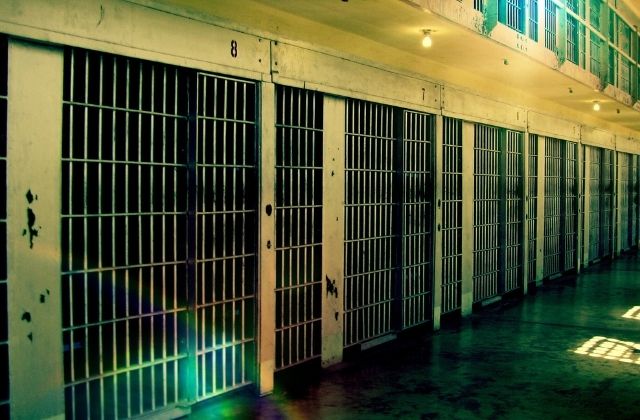Incarcerated transgender women as recently as 2020 are typically housed in facilities based on the sex they were assigned at birth. This happens in spite of overwhelming evidence that these women are at higher risk of abuse and assault than other incarcerated people, CNN reports. Activists are now fighting for changes at the state and federal level to protect this vulnerable group.
It has been nearly 30 years since the U.S. Supreme Court’s landmark decision in Farmer v. Brennan, which determined that a failure to “protect incarcerated trans people from abuse or violence behind bars qualifies as cruel and unusual punishment,” as CNN reports. Advocates, however, say little has changed since that ruling. "Transgender women are not safe behind bars, period," Rodrigo Heng-Lehtinen, executive director of the National Center for Transgender Equality (NCTE), told CNN. "Nobody should be in danger just because they are in government custody."
Dee Farmer, the subject of the 1994 landmark SCOTUS case, told CNN she was raped by a cellmate a few days after a transfer to FCI Terre Haute, a federal prison in Terre Haute, Indiana. According to CNN, “prior to her incarceration, she had been living as a transgender woman, and argued that that fact, coupled with what court documents called the ‘violent environment and a history of inmate assaults’ at the Terre Haute facility, meant that officials deliberately failed to protect her from harm by placing her there.”
"A prison official’s ‘deliberate indifference’ to a substantial risk of serious harm to an inmate violates the Eighth Amendment," wrote Justice David Souter in the court’s opinion.
CNN Reports:
A 2007 study from the University of California, Irvine, found that incarcerated transgender people were 13 times more likely to be sexually assaulted than a random sample of incarcerated men. Fifty-nine percent of transgender prisoners reported having been sexually assaulted within a California correctional facility compared to just 4.4% of the incarcerated population as a whole.
Activists hope to change federal and state laws so that incarcerated trans people will be able to tell the court where they would feel most comfortable being detained. The goal, activists say, is for them to at least be allowed to have a say in the decision making, even if they don’t get to make the final call, according to CNN.
Transgender people, especially Black trans women, are disproportionately impacted by the criminal justice system. The NTCE’s national US Transgender Survey from 2015 shows that the incarceration rate for transgender people was double that of the national rate for non-trans people. That number is roughly 10 times higher for Black transgender women.
According to CNN:
In many states, being transgender in public can lead to an arrest under so-called "Walking While Trans" laws: anti-loitering codes officially used to target sex workers, which in practice target primarily trans women of color regardless of whether they are sex workers, advocates say.
"I was certainly profiled" as a transgender woman on the street, says activist and transgender woman Bamby Salcedo. "It was always a thing. I would always be stopped for just walking to get groceries from the store."
“[Trans women] should not feel that they have to settle for being assaulted or violence or being harassed or being abused," Farmer told CNN. "Make it known that this is what is happening. Let your voice be heard."
Heng-Lehtinen explained to CNN that a big part of the problem is that there is a "patchwork" of federal and state regulations that is often "exploited to ignore the transgender person who is unsafe.”
CNN further reports:
This patchwork includes the federal government’s Transgender Offender Manual, which the Trump Administration revised in 2018 to roll back protections for trans people in custody. It required officials "use biological sex as the initial determination" for housing placement, but it did not define the term "biological sex" —a controversial term for which there is not one standard set of medical criteria.
The Biden Administration has so far failed to either revise or create a new Transgender Offender Manual, but Heng-Lehtinen remains hopeful. "We do expect the Biden administration to update and fix the Transgender Offender Manual," he told CNN. He added that the NCTE has been working closely with the Department of Justice to make much-needed changes.
